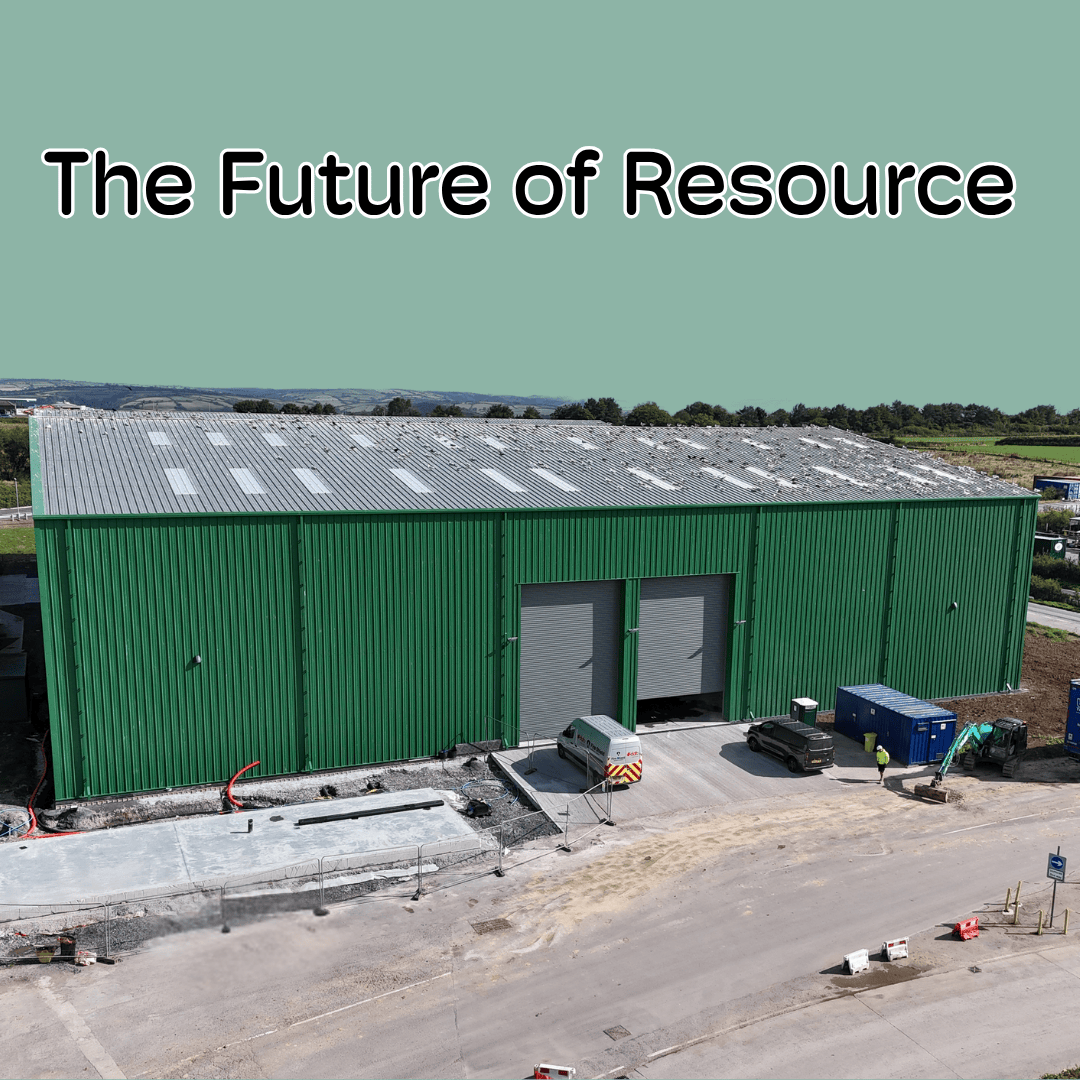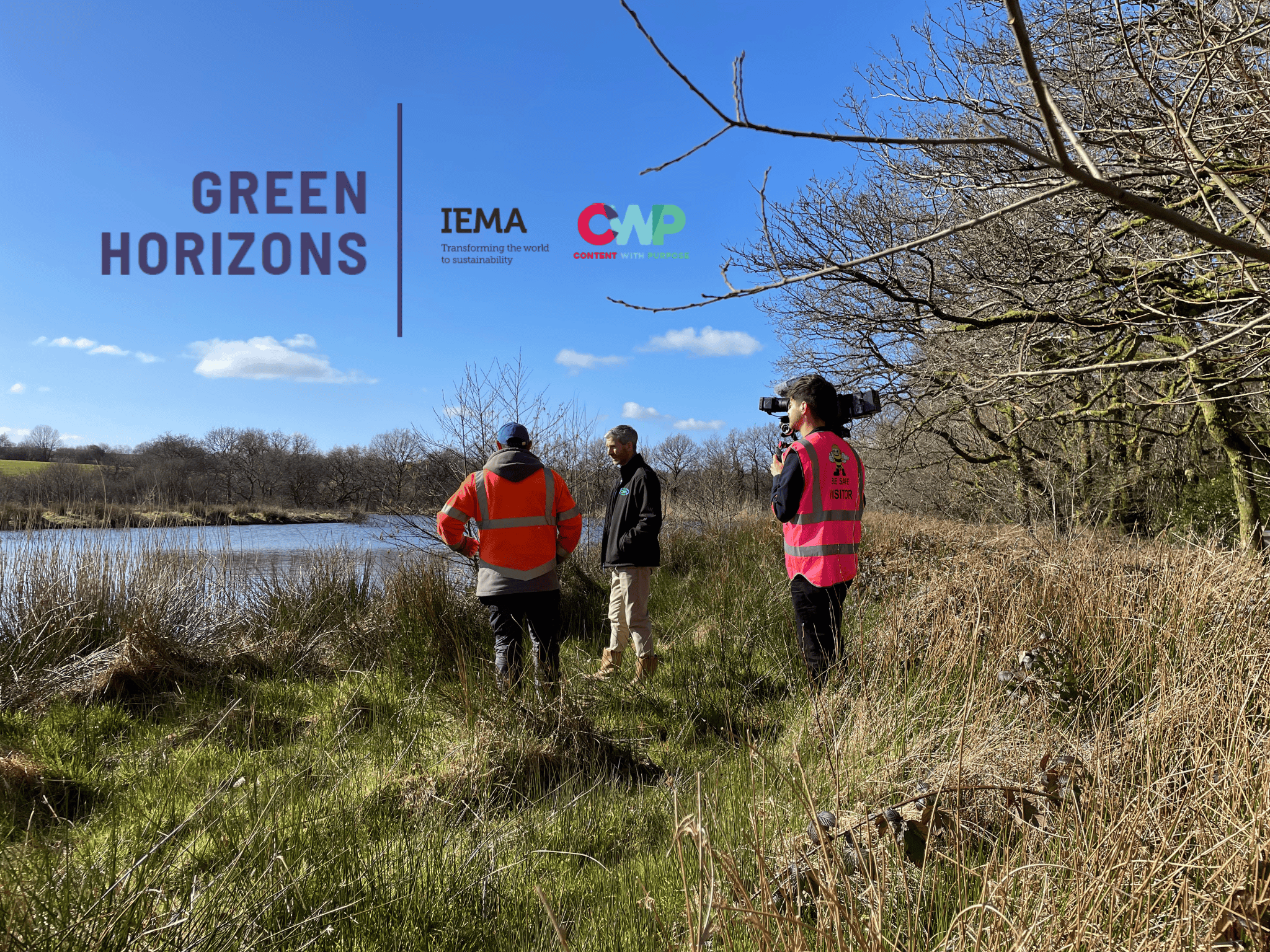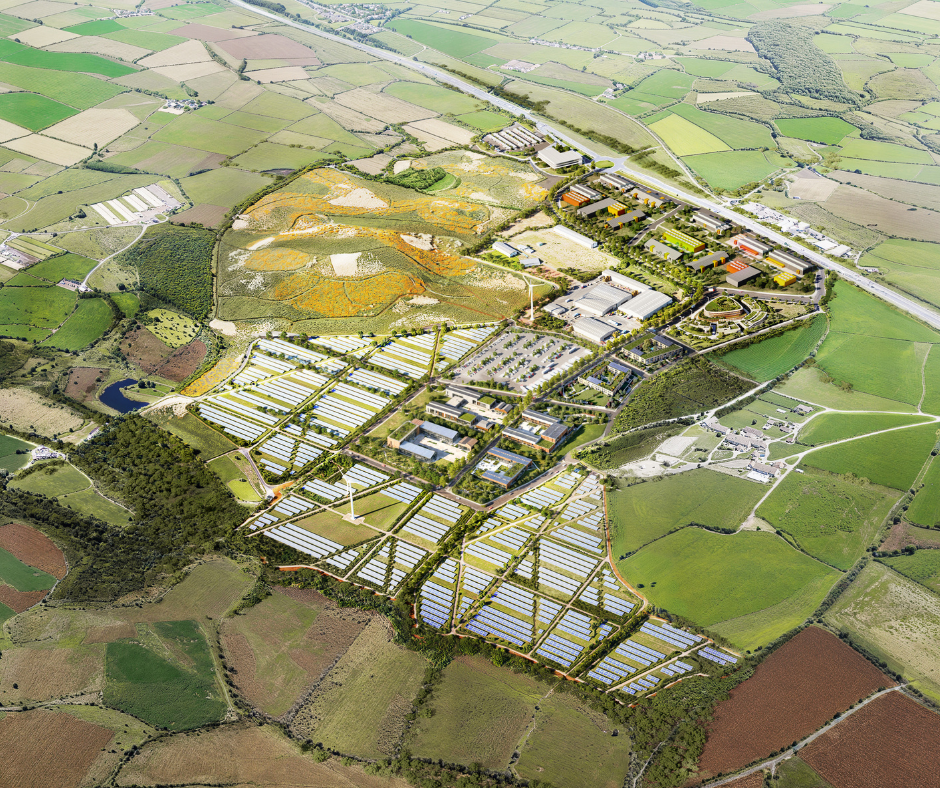Reducing our overall waste is key to building a circular economy. This principle aims to encourage people and businesses to reduce their waste and usage and the practice of using things only once.
How can we reduce waste at home?
Reducing our waste and usage is an essential step towards achieving a sustainable future. As individuals, we can make small changes in our daily lives that can have a significant impact on the environment. Here are three tips for reducing your waste:
- Embrace reusables: Instead of using single-use items, invest in reusable alternatives. For example, you can bring your own bags when going shopping, use a refillable water bottle and bring a travel mug to your local coffee shop. Not only will this help reduce waste, but it can also save you money in the long run.
- Say no to excess packaging: When shopping, look for products with minimal packaging or packaging that is recyclable. Try to avoid products that come with unnecessary packaging such as individually wrapped snacks. If possible, buy in bulk to reduce the amount of packaging used.
- Compost food waste: Food waste is a significant contributor to landfills, where it produces methane, a potent greenhouse gas. By composting food waste, you can reduce the amount of waste that ends up in landfills while also creating valuable fertiliser for your garden plants and veggies.

How can businesses reduce waste?
Businesses can also play a crucial role in reducing waste and usage. They can adopt sustainable production methods that minimise waste and energy consumption. For example, they can use renewable energy sources, recycle materials and implement closed-loop systems that allow for the reuse of resources.
Reuse, reuse, reuse
Reducing waste is not just about reducing the amount of waste we produce. It also involves finding ways to reuse and repurpose the things we already have. This can include donating clothes and household items to charity, repurposing old furniture or composting food scraps.
Reducing waste and usage is a crucial step towards creating a more sustainable future. By following these three tips and being conscious of our consumption habits, we can all make a positive impact on the environment. Let’s take action now to create a better future for ourselves and for generations to come.
Find out more about our waste recycling centres for households and businesses.
Our latest posts
-
Nantycaws Resource Recovery Facility Enters Key Phase in Circular Economy Infrastructure Development
The Nantycaws Resource Recycling Facility (RRF) has reached an exciting new phase. The first phase of the build is now complete, marking significant progress in the creation of one of Wales' most advanced pieces of circular economy infrastructure.
-
CWM Environmental Featured in IEMA’s Green Horizons: A Workforce Fit for Tomorrow
CWM Environmental is proud to be a featured partner in Green Horizons: A Workforce Fit for Tomorrow, an inspiring digital series created by the Institute of Environmental Management and Assessment (IEMA) in collaboration with Content With Purpose.
-
CWM Gwyrdd: The UK's Largest Circular Economy Park
CWM Gwyrdd Nantycaws is Wales's most ambitious circular economy development, combining large-scale green infrastructure with practical, community-rooted innovation.



